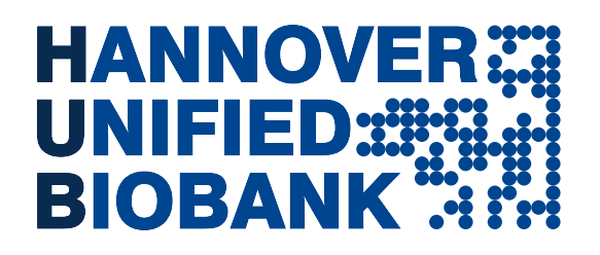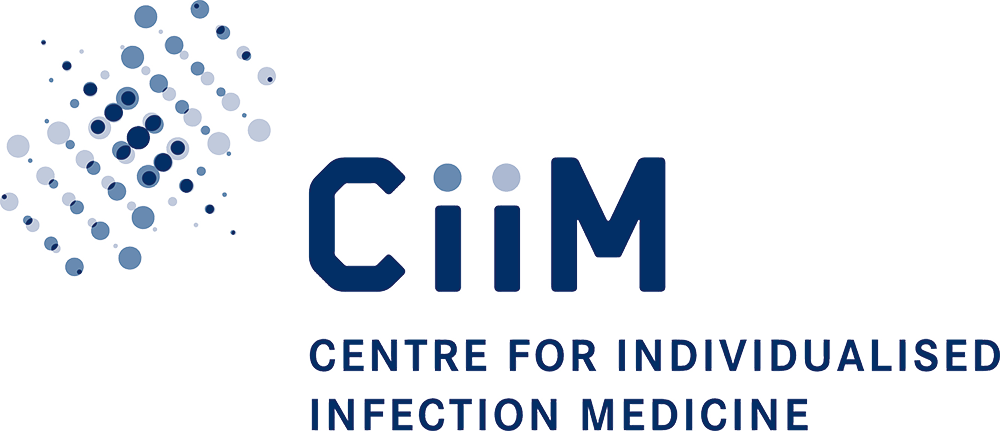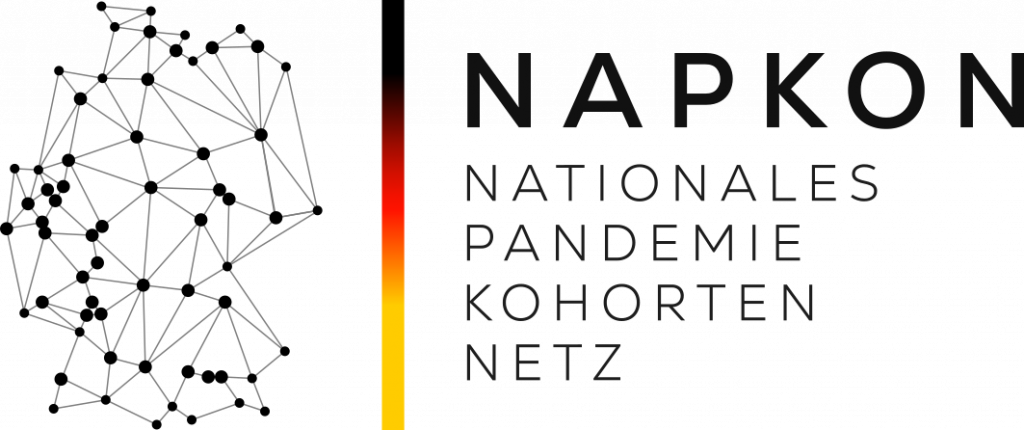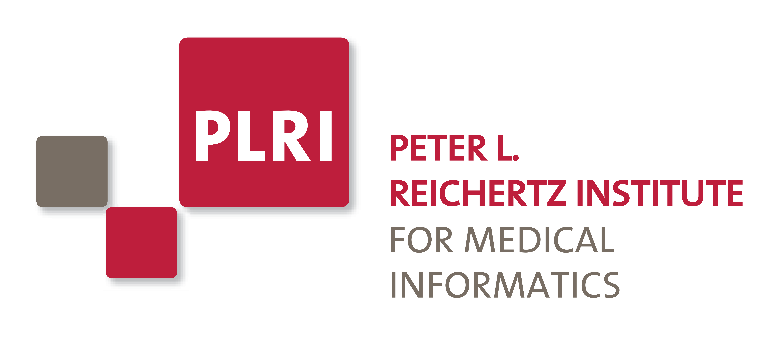Long Covid & ME/CFS Project Cluster
DETECT-ME/CFS
AI-assisted Diagnosis Enhancement Tool for the Evaluation of Clinical Typologies in Patients Referred for Myalgic Encephalomyelitis/Chronic Fatigue Syndrome
The rising number of ME/CFS referrals, combined with the lack of diagnostic biomarkers and the diƯerential diagnostic complexity of the condition, along with a permissive admission process that is followed by timeconsuming and costly post-admission assessments, has led to overburdened specialized clinics and long patient wait times. The DETECT-ME/CFS project aims to streamline early screening and diagnosis by leveraging an AI-powered Clinical Decision Support System that integrates clinical expert knowledge, retrospective patient data analysis, and medical literature mining to improve the admission decisionmaking process and ensure that patients who undergo extensive assessments are more likely to have ME/CFS. This approach optimizes patient pathways, conserves healthcare resources, and relieves the burden on specialized clinics, ultimately enhancing timely access to care for ME/CFS patients.
Project manager:

Dr. rer. nat. Sahamoddin Khailaie
Sponsor:

Funded institution in Lower Saxony:

AID-PAIS I
Development of a clinical decision support system for improved diagnosis and treatment of ME/CFS based on clinical data, mathematical models and artificial intelligence
To advance the clinical management of ME/CFS, the AID-PAIS I project aims to forecast individual patient trajectories and treatment outcomes using AIenhanced analytics and mechanistic mathematical modeling. By integrating diverse data sources— including clinical parameters, advanced biomarker profiling, and medical literature—the project seeks to identify distinct ME/CFS subtypes and predict patientspecific treatment responses. The ultimate goal is to develop a Clinical Decision Support System that provides clinicians with data-driven insights for individualized interventions, optimizing patient care and enhancing the quality of life for individuals aƯected by ME/CFS.
Project manager:

Dr. rer. nat. Sahamoddin Khailaie
Sponsor:

Funded institution in Lower Saxony:

AIMS
AI-driven Modeling for preventing post-acute infection Syndromes
The AIMS project uses AI-assisted epidemiological simulations to optimize immunization strategies and reduce the overall burden of post-acute infection syndromes (PAIS). By integrating population-based cohorts (NAKO, DigiHero) with immunization histories, it combines established mechanistic modeling and novel machine learning methods to identify key epidemiological factors influencing PAIS risk. Using simulation-based inference and high-performance computing, AIMS refines vaccination strategies and develops a decision support system to provide public health authorities with data-driven insights for targeted prevention and early intervention.
Project manager:

Dr. rer. nat. Sahamoddin Khailaie
Sponsor:

Funded institution in Lower Saxony:

FEDCOV
FEDCOV: Prediction of long/post-COVID using artificial intelligence with a federated learning approach for German cohort data (FEDCOV)
As part of this study, federated learning approaches are being developed to create machine learning-based models for predicting long/post-COVID phenotypes. The tools/scripts developed in this project will be made available to the public and can be used by other researchers to create predictive models for long/post-COVID or other diseases in a federated way.
Project manager:

Dr. Maximilian Schieck

Dr. Marco Fisichella
Sponsor:

Funded institution in Lower Saxony:



Project database:



AID-PAIS II
AI Driven integration of multimodal Omics and Clinical data for Enhanced Understanding of Post-Acute Infection Syndromes (AID-PAIS)
The project will establish deep learning and foundation models for omics and image data, alongside clinical data. These models oƯer richer feature encoding compared to conventional methods, providing a pathway to address the challenges posed by high-dimensional data. Foundation models, in particular, enable fine-tuning for specific tasks on smaller datasets, enhancing scalability and applicability in the context of complex interactions and molecular dynamics associated with PAIS.
Project manager:

Dr. Maximilian Schieck

Dr. Michelle Tang

Dr. Dominik Wolff

Sarah Nee
Sponsor:

Funded institution in Lower Saxony:




Project database:



RESOLVE-PCC
Resolve-PCC: Heterogeneity, risk factors and causal drivers of long-/post-COVID in large German population-based cohorts - towards personalized care
RESOLVE-PCC is investigating persistent symptoms after SARS-CoV-2 infection (PCC) using two large German cohorts (NAKO & DigiHero, approx. 300,000 people, 23,000 of whom have PCC). The aim is to identify causative symptoms, risk factors and possible subgroups with diƯerent disease mechanisms. The project aims to provide a better understanding of PCC drivers and develop more targeted treatment and prevention approaches.
Project manager:
Sponsor:

Funded institution in Lower Saxony:

OUTCAST-AI
OUTCAST-AI: Decoding omics data to identify therapeutic long/post-COVID goals: An artificial intelligence-based approach
This project develops AI-based methods to promote customised therapeutic approaches for long/post COVID (LC/PC). By analysing large patient cohorts from a biochemical, clinical and informatics perspective, the complex pathomechanisms and subtypes of LC/PC will be identified. An AI pipeline to identify specific molecular alterations and therapeutic targets will enable individualised treatment strategies to improve patient care and the socio-economic burden of LC/PC.
Project manager:

Prof. Dr. Michael Altenbuchinger
Sponsor:

Funded institution in Lower Saxony:

Die Forschung zu ME/CFS sowie Long und Post COVID nutzt moderne Datenanalyse und KI, um Diagnose und Behandlung zu verbessern. Dafür werden klinische Informationen, Laborwerte, Bilddaten und Ergebnisse aus bestehenden Kohorten wie NAPKON, COFONI, NAKO und DigiHero gemeinsam ausgewertet, um typische Muster, Risikofaktoren und mögliche Krankheitsformen zu erkennen. Die Projekte entwickeln Werkzeuge, die Ärztinnen und Ärzten helfen, frühe Anzeichen besser einzuordnen und Therapien stärker an einzelnen Personen auszurichten. KI-gestützte Modelle unterstützen zudem dabei, lang anhaltende Symptome nach Infektionen besser zu verstehen und gezieltere Präventions- und Behandlungsansätze zu entwickeln, die Betroffene spürbar entlasten.







